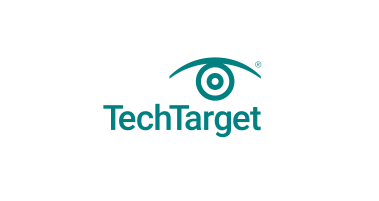What is a privacy impact assessment? A privacy impact assessment (PIA) is a method used to identify and evaluate privacy risks throughout the development lifecycle of a program or system. These assessments disclose what personally identifiable information (PII) is collected and explain how it is maintained, protected, and shared to safeguard it from data breaches and cyberattacks. Information systems must have measures such as PIAs in place to ensure data privacy, especially in scenarios where privacy concerns are relevant to the occurrence of a cyber event.
What does a privacy impact assessment include? Privacy impact assessments are compulsory for federal government agencies but not typically in the private sector. It is recommended that medium to large organizations handling PII on a regular basis conduct regular PIAs as part of their overall data privacy and governance programs. A PIA should address whether the data collected meets privacy-related legal requirements, the risks and impacts of collecting PII, protection measures for data management and processing, and options for individuals to consent to the collection of their PII.
How is a PIA conducted? PIAs are typically managed by an organization’s IT department, as they often deal with PII and related data across various information systems. Templates and software packages are available to help in developing PIAs, following steps like obtaining management approval, defining goals, forming a PIA team, gathering data, identifying privacy controls, selecting assessment methods, conducting the assessment, reviewing the draft report with stakeholders, finalizing the report, and presenting it to management.
Government regulations requiring PIAs Many countries have laws and regulations requiring privacy programs and protections. The U.S. E-Government Act of 2002, Privacy Act of 1974, Health Insurance Portability and Accountability Act of 1996, and General Data Protection Regulation (GDPR) are significant examples that mandate PIAs for the protection of personal data in various systems and programs.
Benefits of conducting PIAs PIAs offer several advantages, including building trust with the public, supporting privacy audits, providing insight into data characteristics, identifying vulnerabilities, and reducing the risk of data breaches.
Challenges of conducting PIAs While PIAs are crucial for data protection, they can be time-consuming, complex, and may require expertise in privacy and cybersecurity. Incomplete assessments and the need for third-party service providers can also be challenges organizations face when conducting PIAs.
Privacy impact assessment vs. privacy impact statement PIAs assess privacy risks, while privacy impact statements summarize the results of these assessments. These statements provide evidence of compliance with regulations like GDPR and serve as valuable tools for ensuring data protection and privacy. Data protection impact assessments (DPIAs) are also used to evaluate potential risks to sensitive information.









